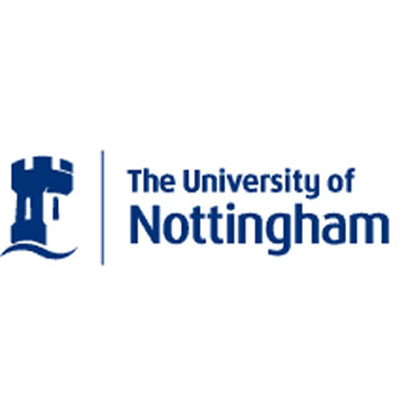International Relations BA (Hons)
- Field Of Study:
- Arts, Humanities & Social Sciences
- Level Of Study:
- Undergraduate
- Course Subject:
- International Relations
- Course Intake:
- September
Programme Description
Your first year will introduce you to the key analytical approaches used in the study of global politics and applies these to international political events in historical and contemporary settings. Your second year modules will focus on security, political economy, global society and contemporary history and prepare you for your final year dissertation by providing training in research techniques. You will pursue your own independent research project during your third year while taking elective modules based on the research-expertise of the school staff.
Entry Requirements
Our Foundation course route
Our Foundation courses give you another way to study for an undergraduate degree.
Entry requirements
| Foundation |
Successful completion of the Foundation in Arts or the Foundation in Business and Management programmes |
| A level |
BBB excluding general studies |
| IB Diploma |
30 points with 5,5,5, at Higher Level and 5 points in mathematics at Standard or Higher Level |
| STPM |
B+B+B+ excluding Pengajian Am, with a grade C in SPM mathematics |
| UEC |
5 As, excluding Bahasa Malaysia and Chinese language |
| SAM/AUSMAT/HSC |
Applicants with these backgrounds are strongly encouraged to apply and are welcome to contact the school beforehand if they wish to discuss eligibility |
| Canadian Pre-U |
Applicants with these backgrounds are strongly encouraged to apply and are welcome to contact the school beforehand if they wish to discuss eligibility |
| SPM/GCSE/IGCSE |
In addition to the entry requirements listed above, those who have taken SPM/GCSE/IGCSE must have grade C in mathematics |
English language requirements
| IELTS: |
6.5 (no element below 6.0) |
| TOEFL (iBT): |
88 (no element below 19) |
| PTE (Academic): |
62 (minimum 55) |
| SPM: |
grade A- |
| 1119 (GCE-O): |
grade B |
| GCSE/IGCSE: |
grade C |
| UEC: |
grade A2 |
| IB English A1 or A2 (SL or HL): |
4 points |
| IB English B HL: |
4 points |
| IB English SL: |
5 points |
| IELTS and TOEFL test results must be less than 2 years old and all IELTS must be the academic version of the test |
Other equivalent qualifications will be considered on a case-by-case basis.
Foundation
The Foundation in Arts and Education is a 1+3 year programme that results in direct progression to the undergraduate degrees offered within the Faculty of Arts and Social Sciences. This rigorous programme provides students with a strong academic background that will result in enhanced language, communication, critical thinking and study skills.
Students on this programme also chose from a range of elective modules that provide the opportunity to sample topics related to their chosen undergraduate pathway such as politics, the world economy, media and education.
Modules
Year 1
Modules
- Approaches to Global Politics
- Issues in Global Politics
- European Union Studies
- Paths to Modernity, Europe 1789-1945
- Foundations in International Studies
- Foreign language options
Year 2
Modules
- International Security
- Global Political Economy and International Development
- Intelligence and International Relations
- Designing International Relations Research
- Introduction to Global Citizenship
- The Contemporary World since 1945
- Global Media
- Cultural Politics
- Political Communication, Public Relations and Propaganda
- Foreign language options
Year 3
Modules
- Nations and Nationalism
- Foreign Policy Analysis
- War, Power and Modern Societies
- Culture, Identity and Political Transformation in the Asia-Pacific
- The International Politics of Food, Hunger and Development
- International Organisations
- Foreign language options
- The politics of European monetary (dis) integration
Dissertation
Career Opportunities
Our degrees will equip you for a career in a wide variety of fields including foreign ministries, international organisations, international businesses and finance, non-governmental and aid sectors, international media and journalism, local and national government, think-tanks, policy advice and lobbying.
Source : The University of Nottingham
